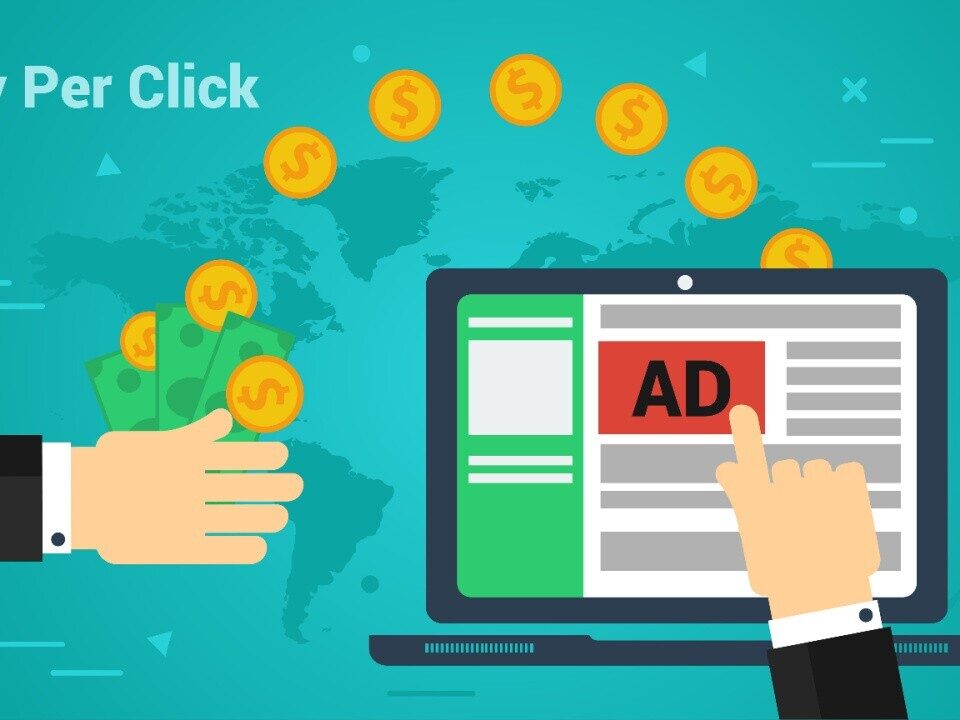Online vs. Offline Branding Agency Services: Which Is Best for Your Business?
Why Is Structural Packaging Branding Crucial for Building a Memorable Packaging Brand?
September 23, 2024Is Your Social Media Falling Flat? Discover How Top Branding Company in Dubai Can Help?
October 16, 2024In today’s fast-paced and competitive business world, making your brand stand out is essential. Whether you’re a new startup or an established business, the way you present your brand can make or break your success. But with so many options available, how do you choose between online and offline branding agency services? Each has its strengths, but selecting the right approach depends on your business goals, audience, and market position. In this article, we’ll explore both online and offline branding strategies and help you decide which is best for your business, especially if you’re navigating the vibrant market in Dubai.

Online vs. Offline Branding Agency Services
- Understanding Online Branding Agency Services
Online branding services focus on creating and managing a business’s digital presence. In today’s digital age, having a robust online brand identity is crucial. These services include everything from website design, search engine optimization (SEO), social media marketing, content creation, and email campaigns to paid digital advertising.
The biggest advantage of online branding services is their global reach and ability to engage with a broader audience. By utilizing tools like social media platforms and digital advertising, businesses can target specific demographics based on age, location, interests, and more. Additionally, online branding provides real-time feedback, enabling brands to quickly adjust strategies based on performance data.
Moreover, cost-effectiveness is a significant benefit. Online campaigns can often be scaled based on budget, making them accessible for smaller businesses. According to studies, the average lead-to-sale conversion rate is up to 77.5x higher for online marketing compared to offline efforts, illustrating the power of digital engagement.
- Exploring Offline Branding Agency Services
While digital marketing has become dominant, offline branding services still play a vital role in building a business’s identity. These services include traditional media such as print advertising (magazines, newspapers), outdoor signage (billboards, posters), in-store branding, direct mail, event sponsorships, and television or radio commercials.
The tangible nature of offline branding creates a lasting impression, especially when customers can physically interact with the brand. Whether it’s a well-designed store display or a memorable billboard on the side of the road, offline branding offers an experience that digital platforms can’t always replicate.
Offline branding also excels in building trust and credibility. Physical touchpoints, such as a store or an event, allow businesses to engage directly with customers, creating deeper relationships and brand loyalty. This is especially effective for local businesses or industries that cater to high-end or luxury clients, where face-to-face interaction remains important.
- Key Differences Between Online and Offline Branding
While both online and offline branding have their strengths, several key differences set them apart:
Reach and Accessibility
Online branding has a global reach, allowing businesses to connect with audiences far beyond their local market. In contrast, offline branding tends to focus on localized, face-to-face interaction, which can be more impactful but is often geographically limited.
Cost and ROI
Online Branding is usually less expensive and more scalable. Digital ads and campaigns can be adjusted in real time based on performance, while offline campaigns, such as billboards or print ads, often come with higher costs and less immediate feedback.
Engagement
Online branding allows for direct interaction with customers through social media, email, and websites, offering immediate feedback and the ability to engage in two-way communication. Offline branding is more about creating a lasting physical impression, relying on visuals and real-world presence.
- How to Integrate Online and Offline Branding for Maximum Impact
The real power comes when online and offline branding work together to create a cohesive brand experience. For example, an event (offline) could be promoted heavily through social media and email campaigns (online) to boost attendance. Similarly, QR codes on physical materials like brochures or billboards can drive traffic to a business’s website or social media channels.
A hybrid strategy ensures that your brand is seen and recognized in multiple spaces, creating an omnichannel experience where customers can interact with your business both online and offline. This approach creates a unified brand presence, ensuring consistency in messaging and enhancing customer trust.
- Which Branding Strategy Is Right for Your Business
Whether to opt for online branding services or their offline alternatives depends on the business objectives, target consumers and industry perspective. For example, a local restaurant might benefit more from offline branding efforts like community events and local ads, while a tech startup would likely focus more on online strategies, such as social media campaigns and SEO.
Example
Imagine a fashion boutique in Dubai launching a new clothing line. The boutique uses online branding services, running a digital campaign on Instagram and Facebook, targeting young, fashion-forward individuals across the UAE. At the same time, they employ offline branding by sponsoring a high-profile local fashion event and placing stylish posters in key areas around the city. This dual approach allows the boutique to maximize its reach, both online and in-person, creating buzz around the brand while driving both digital and foot traffic.
Conclusion
As the Dubai market is constantly changing, it is essential for the companies operating there to be flexible and adaptable in their approach towards brand development. There are distinct advantages in both settings when it comes to online branding agency services and offline, and which is appropriate to select depends on the goals of the business and the target audience. While online branding offers global reach, real-time feedback, and cost-effectiveness, offline branding creates personal, tangible connections that build trust and brand loyalty.
The best approach for most businesses is to integrate both strategies, creating a seamless experience for customers across digital and physical platforms. Whether you’re looking to expand globally or engage locally, a well-rounded branding strategy will help your business shine in Dubai’s competitive landscape.

